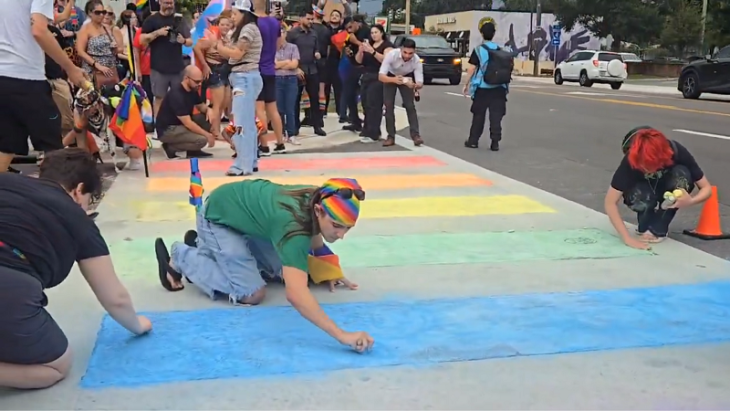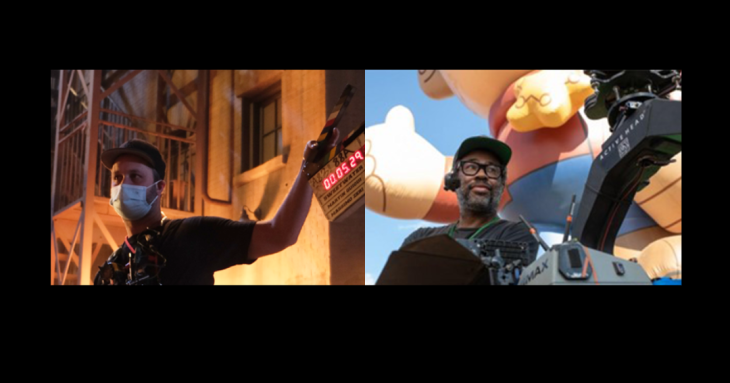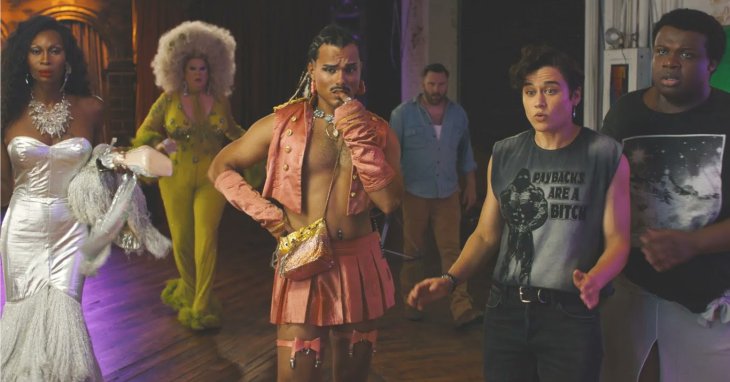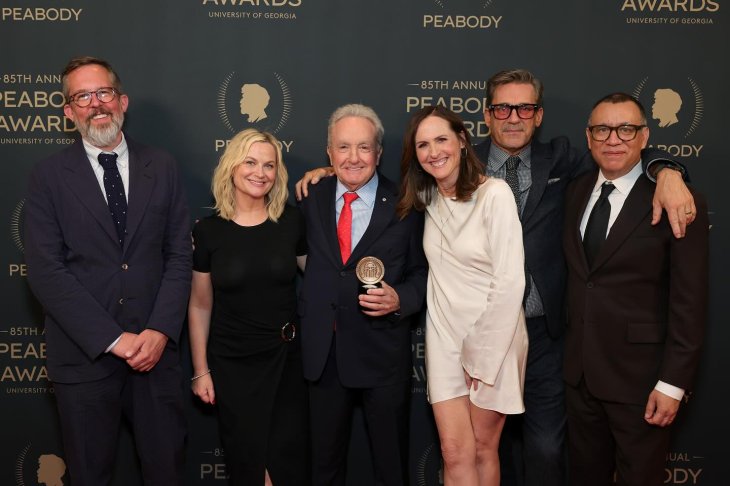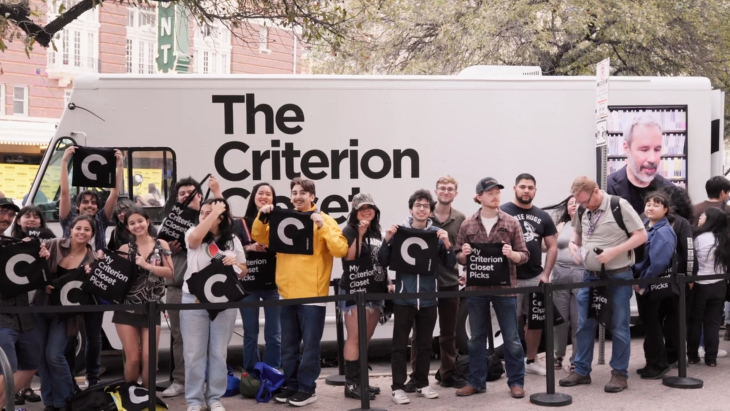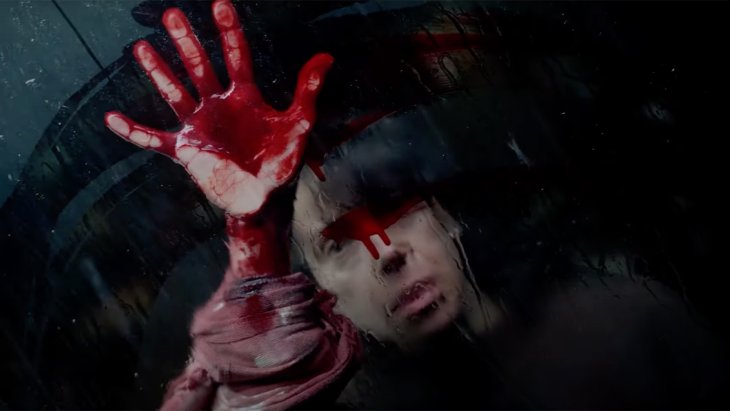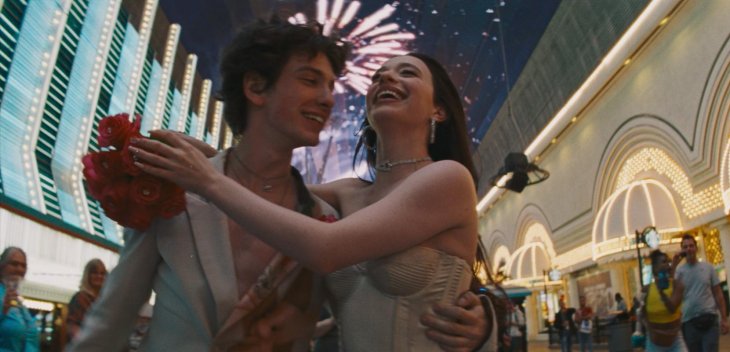Meet Mary Jones, a black transgender woman born in New York in 1803. Described as a “man-monster” in the press.
Filmmaker Tourmaline’s “Salacia” is an experimental portrait of Jones. It takes place in 19th century free black community in upper Manhattan that was demolished in 1855 to create Central Park.
The LGBTQ+ specific One Archives at USC will be hosting a screening of the film on Thursday, Feb. 6 from 7-9:50 p.m. at the Ray Stark Family Theatre on USC campus.
The film features both a narrative and non-narrative structure to tell the story as Jones “discovers her power in the face of systemic transphobia and racism,” according to a press release.
Tourmaline is an activist, filmmaker and writer. Her work highlights the capacity of Black queer and trans people and communities to make and transform worlds. Tourmaline is also the coeditor of “Trap Door,” an anthology on trans cultural production. She is the recipient of the 2018 Publishing Triangle Award, Special Mention at 2018 Outfest Film Festival, 2017 HBO & Queer/Art Prize and 2016 Art Matters Foundation Grant.
The event will also feature a panel discussion on speculative reconstruction, archival collage on film, and black histories and futures with UCLA Associate Professor Uri McMillan. An Associate Professor in the Department of African American Studies, McMillan is a cultural historian who researches and writes in the interstices between queer theory, black cultural studies, performance studies and contemporary art. His first book, “Embodied Avatars: Genealogies of Black Feminist Art and Performance” (NYU, 2015) is on black performance art, objecthood, and avatars staged by black women artists. He has published articles on performance art, digital media, hip-hop, photography, and nineteenth-century performance cultures in varied arenas such as “Women and Performance: A Journal of Feminist Theory,” “Souls: A Critical Journal of Black Politics, Culture, and Society,” “GLQ: A Journal of Gay and Lesbian Studies” and “e-misferica.”
Filmmaker Arthur Jafa’s “The White Album” will also be screened during the event. The film is a 30-minute collage of “appropriated music videos, CCTV and cellphone footage, viral clips, and documentary snippets are edited to form an audiovisual tapestry of race relations in America through the lens of white identity, constituting a hallucinogenic dream about race and power.”
One Archives at USC will be hosting a screening of the film on Thursday, Feb. 6 from 7-9:50 p.m. at the Ray Stark Family Theatre on USC campus (108 USC University Park Campus, Los Angeles, CA 90089). For more information, visit https://one.usc.edu/program/speculative-archives-and-black-histories-screening-and-conversation-arthur-jafa-and






